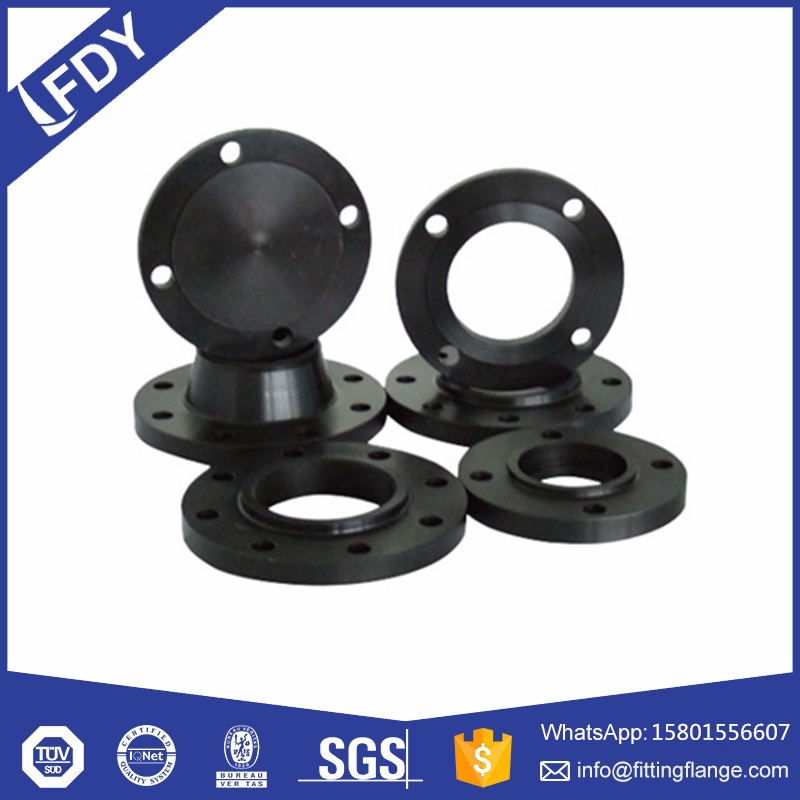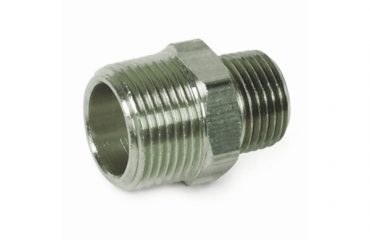
Carbon steel flanges are widely used in various industries due to their excellent durability, strength, and cost-effectiveness. However, to ensure optimal performance and longevity, it is crucial to follow experts’ recommendations. In this article, we will discuss the top recommendations from experts for carbon steel flange performance.
- Material Selection: Choosing the right carbon steel material is the first step to ensure optimal performance. Experts recommend selecting carbon steel with the appropriate grade and composition for the specific application. Factors like corrosion resistance, temperature stability, and pressure requirements should be considered when choosing the material.
- Flange Design: The design of carbon steel flanges should be in accordance with industry standards and specifications, such as ASME B16.5 or API 605. It is essential to ensure proper dimensions, bolt hole sizes, flange face type, and class ratings. Using flanges designed for specific applications helps in preventing leakage and ensures a secure connection.
- Flange Surface Finish: Experts emphasize the importance of achieving the correct surface finish for carbon steel flanges. A smooth surface finish reduces the risk of corrosion, enhances sealing performance, and prevents gasket damage. Commonly used surface finishes include an oil-based rust preventive coating or an epoxy-based paint finish.
- Gasket Selection: The selection of the appropriate gasket is critical for achieving optimal performance in carbon steel flange joints. Gaskets should be compatible with the operating conditions, such as temperature, pressure, and fluid type. It is recommended to use gaskets made of materials like graphite, PTFE (Polytetrafluoroethylene), or spiral wound gaskets for better sealing capabilities.
- Bolt Selection and Torque: Proper bolt selection and tightening torque are crucial for achieving a leak-free connection. Experts advise using bolts made from high-strength carbon steel or alloy steel, such as ASTM A193 Grade B7, and complying with standard specifications, such as ASME B18.2.1. Following the recommended bolt torque values ensures proper tensioning and prevents flange leakage.
- Proper Installation: Correct installation practices play a vital role in the performance of carbon steel flanges. Experts suggest cleaning the flange surfaces thoroughly and removing any dirt or debris. It is important to align the flanges properly and apply an even bolt load during the tightening process. Over-tightening or uneven loading can lead to flange distortion or gasket failure.
- Regular Inspection and Maintenance: Regular inspection and maintenance are essential for ensuring continued optimal performance of carbon steel flanges. Periodic checks for leaks, corrosion, or damage should be conducted. Any detected issues should be addressed promptly to prevent further deterioration or failure. It is recommended to follow industry guidelines for maintenance activities like bolt retightening or gasket replacement.
- Corrosion Prevention: Carbon steel flanges are susceptible to corrosion, especially in harsh environments. Experts recommend applying suitable corrosion protection strategies, such as the use of coatings or cathodic protection techniques. Regular cleaning, painting, or applying anti-corrosion coatings can significantly enhance the longevity and performance of carbon steel flanges.
- Training and Expertise: Having trained personnel with expertise in carbon steel flanges and their installation is crucial for optimal performance. Experts suggest providing comprehensive training to technicians and engineers involved in flange installation and maintenance. This ensures that best practices are followed, reducing the risk of errors or improper handling.
 Language
Language Espanol
Espanol English
English Italian
Italian عربى
عربى
 Skype: chinamaker99
Skype: chinamaker99  Tel: 86-316-5120812
Tel: 86-316-5120812 Email:
Email:  Whatsapp:
Whatsapp: 